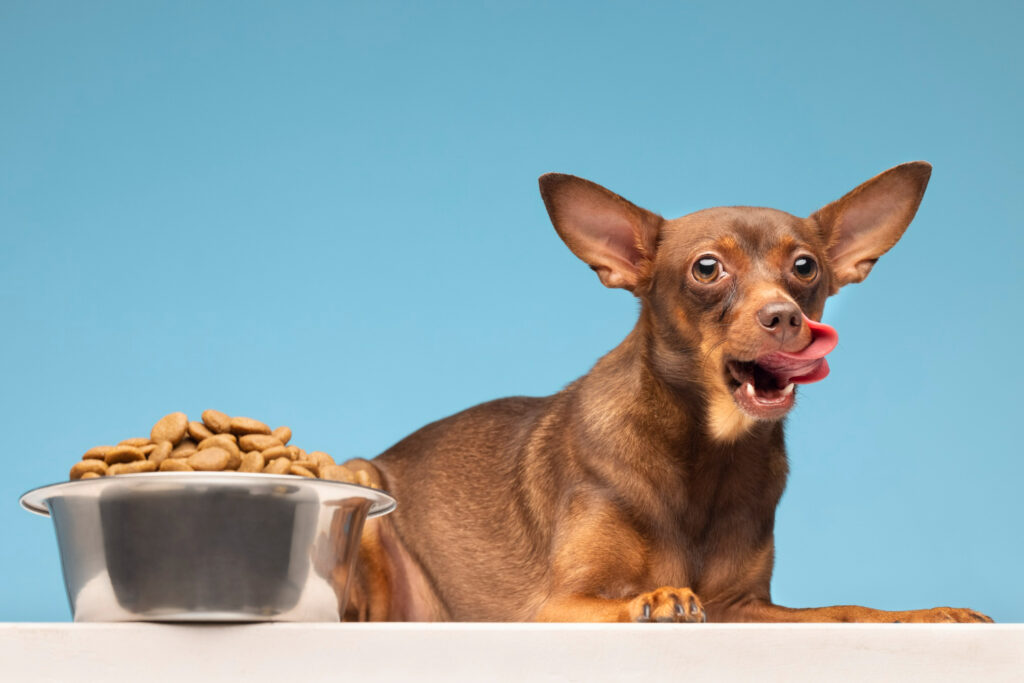The Dos and Don’ts of Dog Nutrition

Your dog’s nutrition is a key factor in maintaining their health and wellbeing. The right food will support them to live a full, active and long life, which is what we all want for our furry companions. Here are some of the major dos and don’ts when it comes to dog nutrition.
Do Your Research
When it comes to feeding your dog, you want to choose the best possible food that not only tastes great but will also meet all their nutritional requirements. The type of food you choose for your dog will depend on several factors, including their age, weight and any health requirements they might have. Some dogs are prone to digestive upsets and may benefit from sensitive dog food, while others may need a lower-calorie diet to help them lose excess weight.
Do Feed at Regular Intervals
Feeding your dog at roughly the same time each day is not only good for your dog’s energy levels, digestion and metabolism, but it also helps them to establish a consistent daily routine, which can help their behaviour and mental wellbeing.
Do Include Treats in Moderation
Like us, dogs enjoy the occasional treat and they can be especially useful when training your dog. When eaten as part of a healthy, balanced diet, it’s fine to give your dog the odd treat but avoid treats with high sugar content or rawhide bones, which vets have warned can be dangerous due to the risk of contamination, choking or intestinal blockages.
Don’t Feed Toxic Foods
Many human foodstuffs are toxic to dogs and can lead to digestive upsets as well as more serious reactions such as lethargy, seizures and even death. The list of foods that are toxic for dogs includes chocolate, caffeine, alcohol, grapes, raisins, blue cheese, onions and garlic, as well as xylitol, which is a sweetener increasingly found in many sugar-free products.
Don’t Overfeed
Domesticated dogs are descended from wild animals, and as such have a biological imperative to eat food whenever it is available, regardless of whether or not they’re actually hungry. This means it’s very easy to overfeed a dog, and they’re extremely unlikely to turn food down or stop eating when they’re full.
Overfeeding your dog in the short-term could lead to digestive upsets like diarrhoea and vomiting, and in the long-term, can lead to increased weight gain, which can cause numerous health issues, such as arthritis, for example.
Don’t Bother Your Dog at Mealtimes
As previously mentioned, it’s important to remember that dogs are descended from wild animals, and some of their behaviours will mirror that of their ancestors. Dogs generally prefer to eat in peace and will see any interference at mealtimes as being a potential risk to their food.
As such, it’s a good idea to leave your dog alone when eating and make sure that any children in the family know that they shouldn’t approach your dog during its dinner. Even the gentlest dog may be provoked to growl or snap if it believes its food is about to be eaten or taken away!





